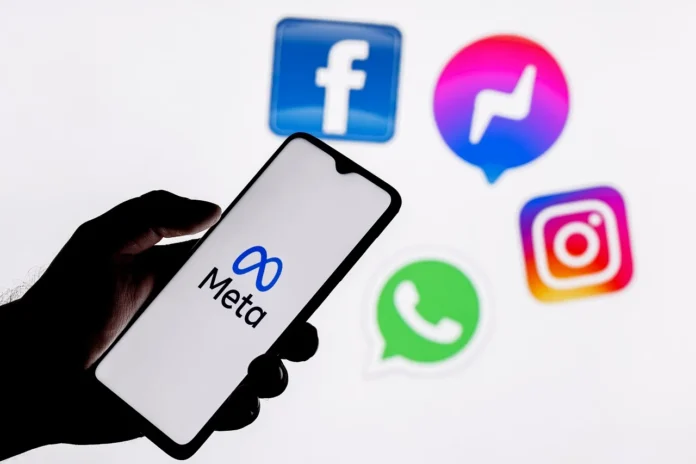Meta, the company behind Instagram, recently announced a significant action taken to combat sextortion scams. They have removed 63,000 Instagram accounts linked to these scams, which originated from Nigeria. This move comes shortly after Nigerian authorities imposed a hefty fine of $220 million on the company for various infractions.

Among the removed accounts, there was a network of 2,500 profiles managed by a group of 20 individuals. Additionally, Meta took down 1,300 Facebook accounts, 200 Facebook Pages, and 5,700 Facebook Groups from Nigeria. These accounts were allegedly sharing tips on how to conduct scams.
Sextortion scams involve criminals pretending to be members of the opposite sex to trick people into sharing explicit photos. Once the photos are obtained, the scammers threaten to make them public unless the victims pay money. Meta stated that these scammers, often referred to as “Yahoo Boys,” primarily targeted adult men in the United States using fake accounts to hide their true identities.
Meta acknowledged that while most scam attempts were unsuccessful, they did target minors as well. According to a Homeland Security Investigation, between October 2021 and March 2023, there were 13,000 reports of financial sextortion involving 12,600 minors, mostly boys, in the United States. Tragically, these scams led to at least 20 suicides, as reported by the FBI.
The FBI highlighted that many sextortion offenders operate outside the United States, mainly in West African countries like Nigeria and Ivory Coast, as well as Southeast Asian countries such as the Philippines.
In an effort to tackle this growing problem, Meta announced in April that it was testing an AI-powered “nudity protection” feature in Instagram direct messages, specifically aimed at protecting teenagers. This technology is designed to help prevent the spread of explicit images.
In the same month, two men in Nigeria were arrested for attempting to extort an Australian teenager by threatening to release his personal photos if he didn’t pay them 500 Australian dollars ($330). Unfortunately, the boy took his own life after being threatened by these scammers.
Meta is collaborating with law enforcement agencies to aid in the investigation and prosecution of these crimes. The crackdown on scam accounts follows the recent fine imposed by Nigerian authorities. The Federal Competition and Consumer Protection Commission (FCCPC) accused Meta of multiple and repeated data violations on Facebook and WhatsApp, leading to this substantial penalty.
By taking these actions, Meta aims to curb the prevalence of sextortion scams and protect users from falling victim to such malicious schemes.




